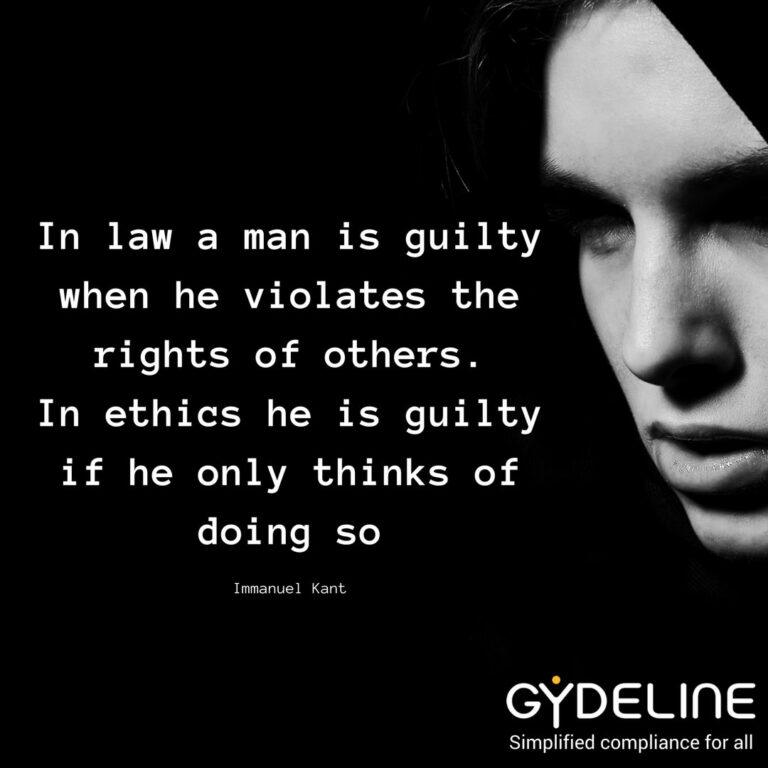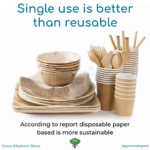There has been a visible shift, especially in larger companies, to be seen as “ethical” or to have good “ethics”. The question is what is the difference between law and ethics?
Ethics
A dictionary definition of Ethics is “the discipline dealing with what is good and bad and with moral duty and obligation” (Merriam-Webster). For our comparison, law is defined as “a binding custom or practice of a community ; a rule of conduct or action … recognised as binding or enforced by a controlling authority” (Merriam-Webster)
Ethics tends to be seen as a personal sense or desire to preserve your own self-respect. Ethics are based on the moral code of the ‘society’ in which you operate. This ‘society’ may be your family, ethnic group, country, company or group of friends. So your ethics may have to adjust depending on the society you find yourself occupying at any particular time. If not, you might find yourself in an ethical dilemma.
Law
Law is far more clear-cut. Regulations, legislation, statutes, bills, acts, whatever they are called where you are, are passed through a governance process, hopefully democratically, and made legally enforceable. It is each person’s duty to know, understand and follow the parts of the law that relate to them and to avoid violating the rights of those it seeks to protect. There can, of course, be ethical objections to law, but that does not invalidate the law. However, it could provide reasons for a future change. Law is binding and only a controlling authority can change it and it has to be learnt by those it affects.
Organisations are, like the rest of us, bound to keep the laws of the lands in which it operates. There are aspects of running a business that cannot be strictly governed by a country’s law. Businesses have found that creating an internal set of “laws” creates a huge overhead of governance, education, enforcement and discipline; so they are changing to adopt a more principled approach to managing their ‘society’. By setting an organisational moral code which aligns to ethics of its citizens (e.g. customers, employees, suppliers), they reduce the burden of learning and observance.
However, what if you work, live or socialise in a ‘society’ which is in conflict with your own person ethics. Then you need to change. You’re less likely to change your own ethics unless presented with a compelling argument. So, you may need to move ‘societies’… if that fits with your ethics of course!
Suffice to say, Law and Ethics each have a place in our lives, but one of them allows you to set the “rules”.
See also Compliance Culture





